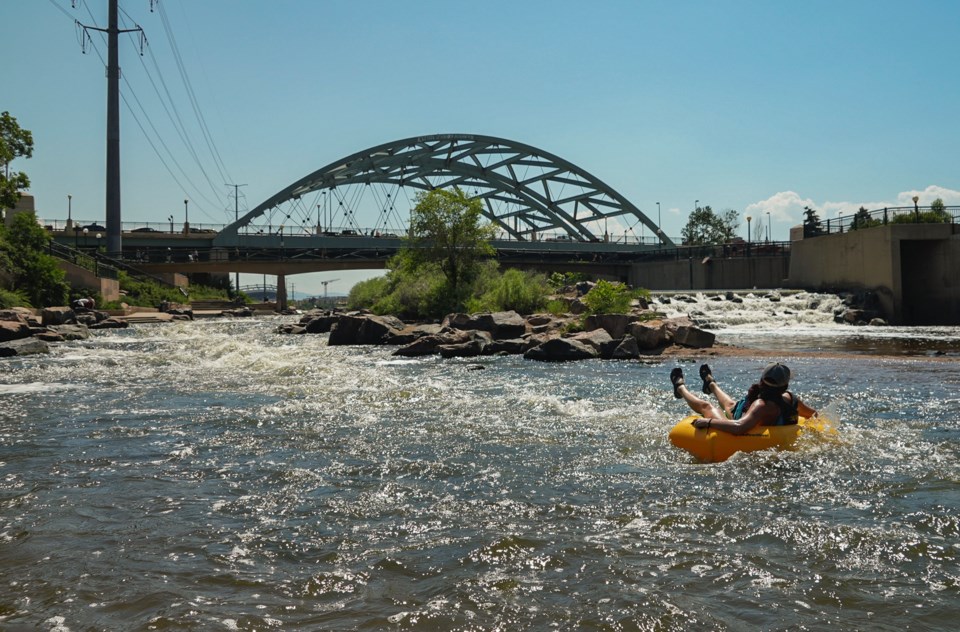NEWS RELEASE
U.S. ENVIRONMENTAL PROTECTION AGENCY
*************************
A newly updated, online tool to assess contamination levels in the South Platte River and its tributaries can help scientists, officials, educators and the public better understand and improve water quality in the Denver metropolitan area.
Over the past year, the U.S. Environmental Protection Agency, Denver Water and members of the South Platte River Urban Waters Partnership improved functionality of the South Platte Water Quality Assessment Tool, or WQAT. This tool provides select water-quality information that is easily accessible through tables, maps or graphs. Enhancements to the WQAT include the ability to continuously upload new information from federal and state water-quality databases and incorporation of data from the Upper South Platte Watershed.
"With these updates, the WQAT helps Denver-area communities, including those that are overburdened and historically underserved, conveniently and easily track the quality of their water,” said EPA engineer Stacey Eriksen.
Pollutants from urban water use can affect the health of people, plants, aquatic life and wildlife. The WQAT improves public access to water-quality data, furthers understanding of pollution and informs strategies to improve water quality on the South Platte River as it runs from its headwaters in Park County, Colorado, through the Denver metropolitan area.
“The updated WQAT will provide our customers, students, teachers and anyone interested in the South Platte River a way to connect to watershed water quality where they recreate and from where their drinking water supply originates,” said Alison Witheridge, a watershed scientist with Denver Water. “The technological updates funded by EPA, U.S. Forest Service and Denver Water provide a tool that will automatically update as new data is available and provide free, widespread access to this data.”
The WQAT update was coordinated by the South Platte River Urban Waters Partnership, which includes the EPA, Denver Water, U.S. Geological Survey, Metro Water Recovery and others. Learn more about the partnership in a new EPA video, or contact Sam Wallace for questions about the partnership at [email protected].
*************************



